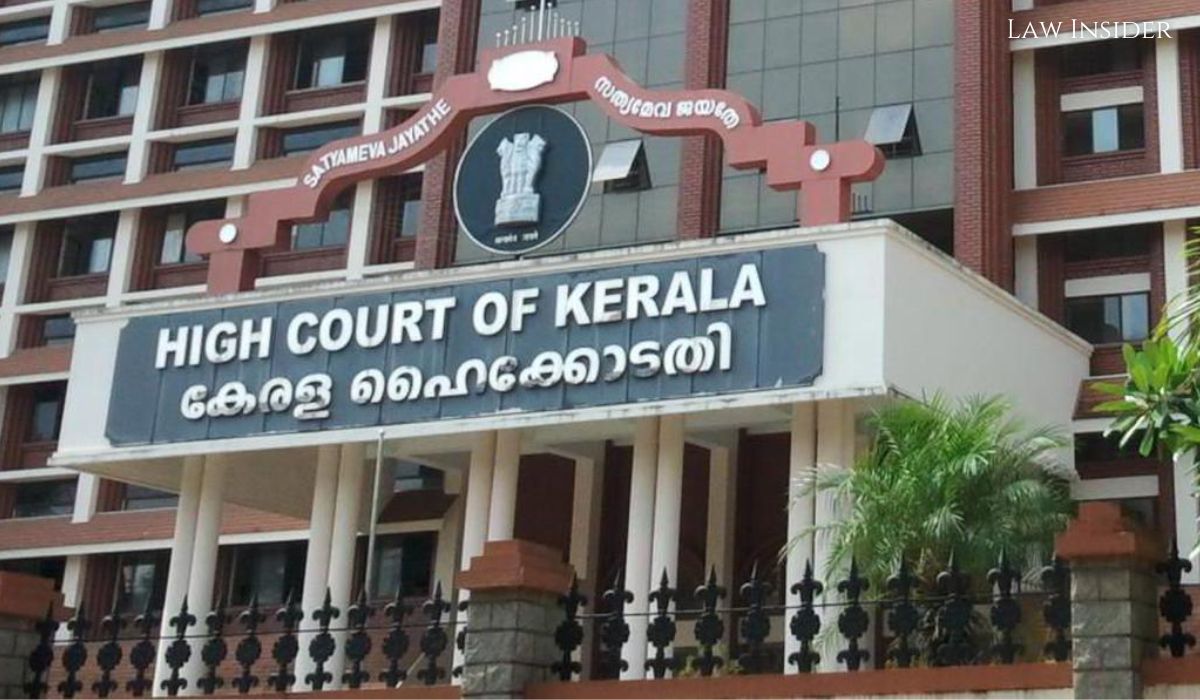LI Network
Published on: January 15, 2024 at 21:05 IST
The Kerala High Court has elevated the question of whether Courts in the state possess the authority to grant and revoke probates or letters of administration without a government notification to a Division Bench.
This move comes in the wake of a single judge’s decision in the case of Natarajan T.K. v. T.K.Raman Achari (2023), where it was concluded that the Kerala Courts lack jurisdiction in such matters unless there is an official notification from the State Government.
Justice Sathish Ninan, relying on Sections 57 and 264 of the Indian Succession Act, 1925, emphasized that, in the case of wills and codicils made by Hindus, Buddhists, Sikhs, and Jains after January 1, 1927, no government notification was necessary for the grant and revocation of probates or letters of administration.
The Court’s statement highlighted, “On a reading of Section 57, it is clear that the section applies throughout the State of Kerala to all Wills and Codicils made on or after 01.01.1927. Section 57 thus being applicable, a notification by the State Government in terms of Section 264(2) of the Act referred to supra is not necessary to confer jurisdiction on the District Judge for the grant and revoke of probates and letters of administration.”
The case in question involved an appellant, a Hindu, challenging the District Judge’s order dismissing his petition for letters of administration. The will in question was executed in 2021.
Section 264 of the Indian Succession Act deals with the power and jurisdiction of the district judge in granting and revoking probates and letters of administration.
Notably, Section 264(2) specifies that Courts beyond the limits of Calcutta, Madras, and Bombay cannot accept applications for Hindus, Muslims, Buddhists, Sikhs, Jains, or exempted individuals without a relevant government notification.
The Court clarified that no such notification was required for Christians, as they were not covered by Section 264. Additionally, it noted that Section 264 does not apply when Section 57 is relevant.
The Kerala High Court pointed out that Section 57 states that, for wills and codicils made on or after January 1, 1927, in Kerala by Hindus, Buddhists, Sikhs, and Jains, no notification from the state government is necessary to confer jurisdiction upon Courts for granting and revoking probate or letters of administration.
The Court referred to the decision of the Allahabad High Court in Triloki Nath v. Kanhiya Lal and Ors (1978) to support its interpretation.
Consequently, the matter has been forwarded to a Division Bench for further consideration.

